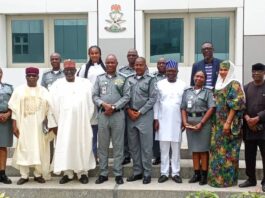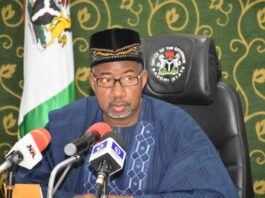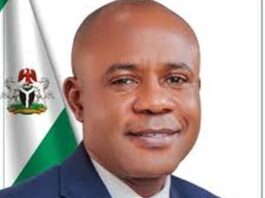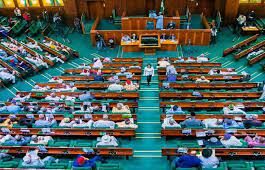FG eyes power generation, jobs through sugar master plan
CHIGOZIE AMADI
The Federal Government has launched the Nigeria Sugar Master Plan II, an ambitious initiative that looks beyond sugar production to include the significant generation of ethanol, electricity, and the creation of numerous jobs.
This renewed effort aims to achieve self-sufficiency in raw sugar and establish a competitive presence in the African market, learning from the shortcomings of its predecessor, NSMP I, according to findings from the country’s sugar council.
While the primary goal of NSMP II is to reach two million metric tonnes of local raw sugar production, the plan strategically encourages new sugar projects to maximise value from sugarcane investments by exploring opportunities beyond just sweeteners.
This includes ambitious targets for byproduct generation: 161 million litres of ethanol, 400 megawatts of electricity, and 1.6 million metric tonnes of animal feed.
This diversification is a key aspect of the seven-pillar strategy underpinning NSMP II. The plan emphasises the selection of viable sugar sites, the engagement of capable and motivated operators, and the attraction of optimum capital, estimated at $4.5bn.
Also, NSMP II prioritises applied research and development to improve cane yields to 120 MT/ha and sucrose content to 20 per cent Brix, and focuses government intervention on targeted support and interventions such as seed cane and irrigation.
It also includes reducing the cost of sugar production to $400/tonne and generating 110,000 jobs.
The plan also includes inclusive host community development through the out-grower schemes and employment.
The drive for increased production hinges on a transformation through commercial farming, aiming to place 50,000 hectares of land under sugarcane cultivation.
This involves both expanding existing sugar estates (brownfield projects) and developing new sites across the country (greenfield projects). Brownfield projects are expected to contribute 70 per cent of the total sugar production, while greenfield projects will account for the remaining 30 per cent.
According to the National Sugar Development Council, the success of NSMP II will depend on effective performance management and a supportive policy and regulatory framework.
This includes regular progress reports, clear performance metrics, and mechanisms for adjustments. Amendments to the NSDC Act are also planned to provide investor protection and ensure compliance.
While challenges such as securing funding, managing the land acquisition, and ensuring community support remain, the government, led by President Bola Tinubu and supervised by the Minister of State for Industry, Senator John Owan Enoh, along with the Executive Secretary of NSDC, Mr Kamar Bakrin, must demonstrate the political will and commitment to hold operators accountable to avoid the pitfalls that plagued the previous master plan.
If executed effectively through a collaborative effort between the government, private sector, and local communities, NSMP II holds significant promise for transforming Nigeria’s sugar industry, reducing import reliance, boosting the economy, and providing substantial benefits beyond just sugar production through ethanol, electricity generation, and widespread job creation.








